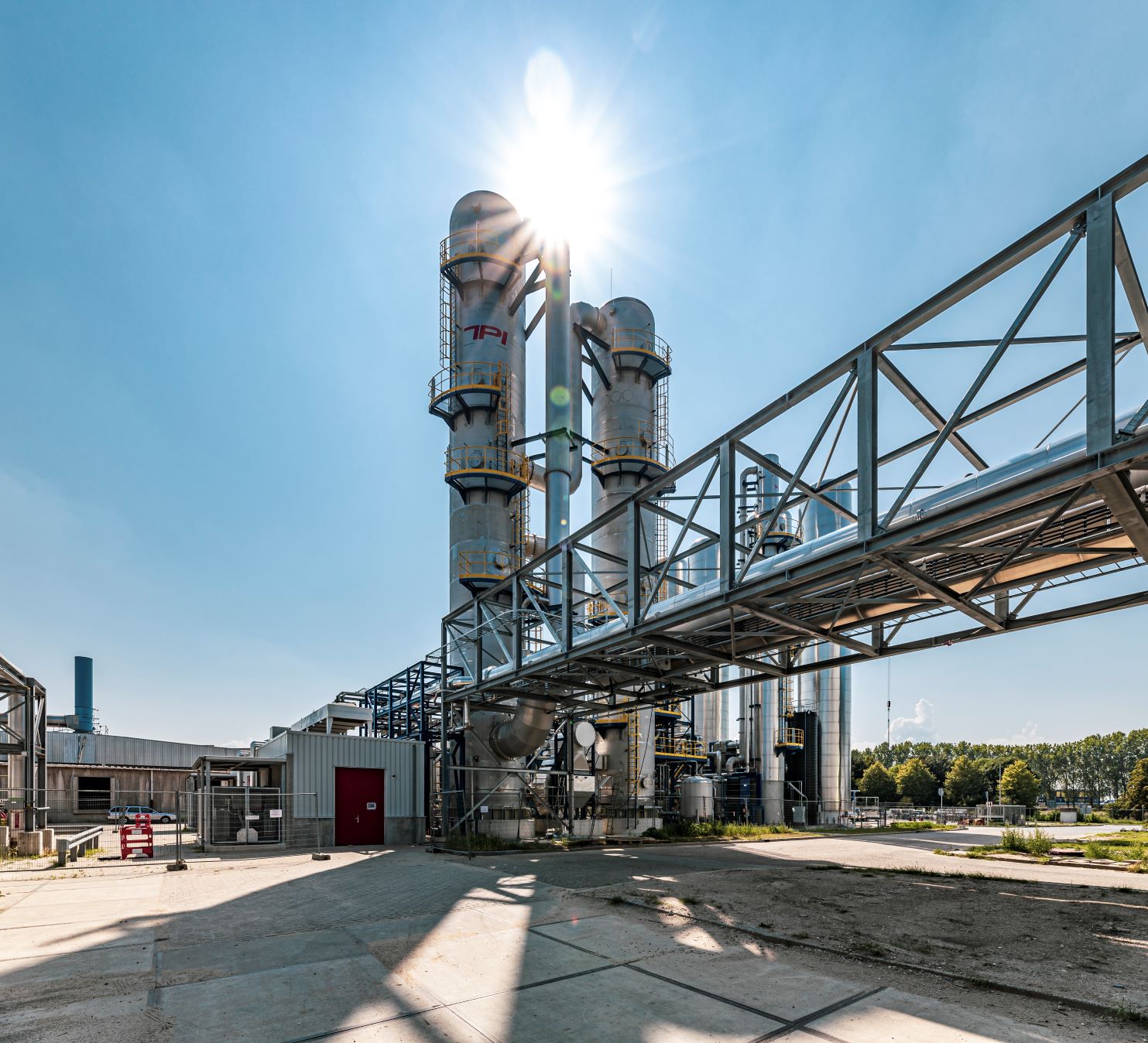CO2 Valorisation strategies

Okay, I have a waste-to-energy plant, an industrial plant or a plan for a new installation in my portfolio. I convert raw materials into products that release CO2, from either fossil fuel or a biogenic source, through combustion or a chemical reaction. And that will soon become an expensive hobby with the rising ETS price, the Dutch CO2 tax and the stricter requirements of consumers. What should I do? &Flux helps a range of companies with their CO2 valorisation strategy, which is a decision document about how CO2 emissions can be avoided or stored or even used as a raw material.
CO2 emission is an expensive hobby with no future if you don’t know how to avoid it. But how do you do that? By no longer emitting CO2, by storing it or by using it as a raw material. But those solutions are often still expensive, there are still not enough applications and often there is not yet an appropriate policy framework – certainly for the use of CO2 as a raw material.
Based on the www.co2smartuse.com programme, Flux has built up an in-depth knowledge of this subject. We are close to the policy dynamics in Brussels and The Hague and we are familiar with the industrial clusters and the large CCS projects. But we also work with companies that use CO2 as a raw material.
We are familiar with the subsidy frameworks and above all have a good idea of how all of these panels will shift (or not) in the years to come. We have an honest and realistic idea of which CO2 from which source you should or should not want to use for which application and we know the world of hydrogen, which is often indispensable if you want to make products with CO2.
What we do with a range of industrial players: Together with you, we investigate how your company emits CO2, where it comes from and with which pattern the CO2 is released.
We map out the possible solutions and the extent to which these solutions are recognised (in the ETS, for example). Together with chain partners, we explore whether there is potential in a possible business case and map out what that could mean for the overall costs. We explicitly include the time aspect in this. This might include the production of synthetic fuels with CO2. There is no business case yet but we expect that to change quickly with the REDII and the mandate on sustainable aviation fuels.
And remember that CCU is not yet recognised as part of the ETS or the Dutch CO2 tax and CCS is. The result: a clear decision tree about what to do with your CO2 emissions, including the key factors that determine your valorisation route.